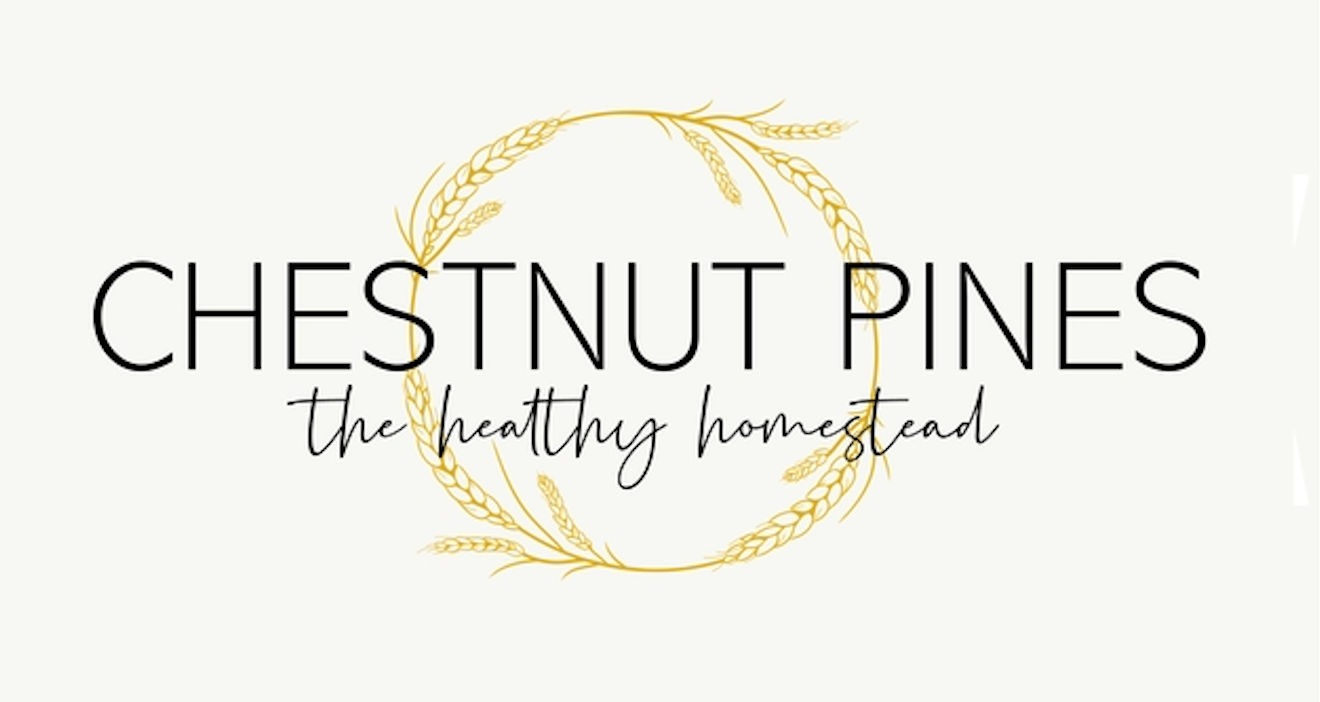Why we should give a buzz about the bees
Think about the fact that every 3rd piece of food that you eat is because of a honey bee. That creates an innumerable amount of food and a countless amount of thanks yous that we owe to the sweetest insect that has ever lived. A group of biologists in California recently completed an in-depth study on Honey Bees and have since declared they are the world's single most important pollinators in our ecosystems, that reason is why today is National Honey Bee day. The life of a honey bee is not all flowers and honey though, recently they have been making alarming headlines about their mysterious disappearance.
Before one can understand why their decrease in numbers is extremely threatening to our society, it’s important to understand why we need them every single day. Pollination is needed for plants to reproduce, this occurs when a honey bee collects pollen and nectar as food from one plant, then goes to another one where some of the pollen then rubs off onto the reproductive organ of a flower. Flowers that receive enough attention from bees become well developed appealing products, while those that don't suffer often through deformation and underdevelopment. Some plants that rely heavily on Honey Bee pollination are:
- Alfalfa
Almonds
Apples
Asparagus
Beans
Beets
Blackberries
Blueberries
Brussels sprouts
Buckwheat
Cabbage
Cantaloupe
Cauliflower
Celery
Cherries
Chestnuts
Chives
Clover
Cranberries
Cucumber
Currants
Eggplant
Flax
Garlic
Gooseberries
Grapes
Horseradish
Kale
Lettuce
Mustard
Onions
Parsley
Peaches
Pears
Plums
Pumpkins
Radishes
Raspberries
Rhubarb
Squash
Strawberries
Sunflowers
Sweet potatoes
Turnip
Watermelon
We also enjoy their wonderful byproducts such as beeswax which makes clean burning candles and natural beauty products as well as royal jelly that helps to make delicious treats and of course the house favorite, raw honey. With all that they contribute it is no wonder we are alarmed at the Honey bee population slowly decreasing from 2.5 million from 4 million colonies since the 1970’s! Over the years there has been much speculation over who, or what the culprit is, some of the suspects are parasites, pathogens, poor nutrition, and exposure to pesticides. However, even with the overall steady decrease there is silver lining, some good news has come about recently showing a slight increase in their population within the last few years. We all hope this new trend will continue so that we may continue to live because of their life.


